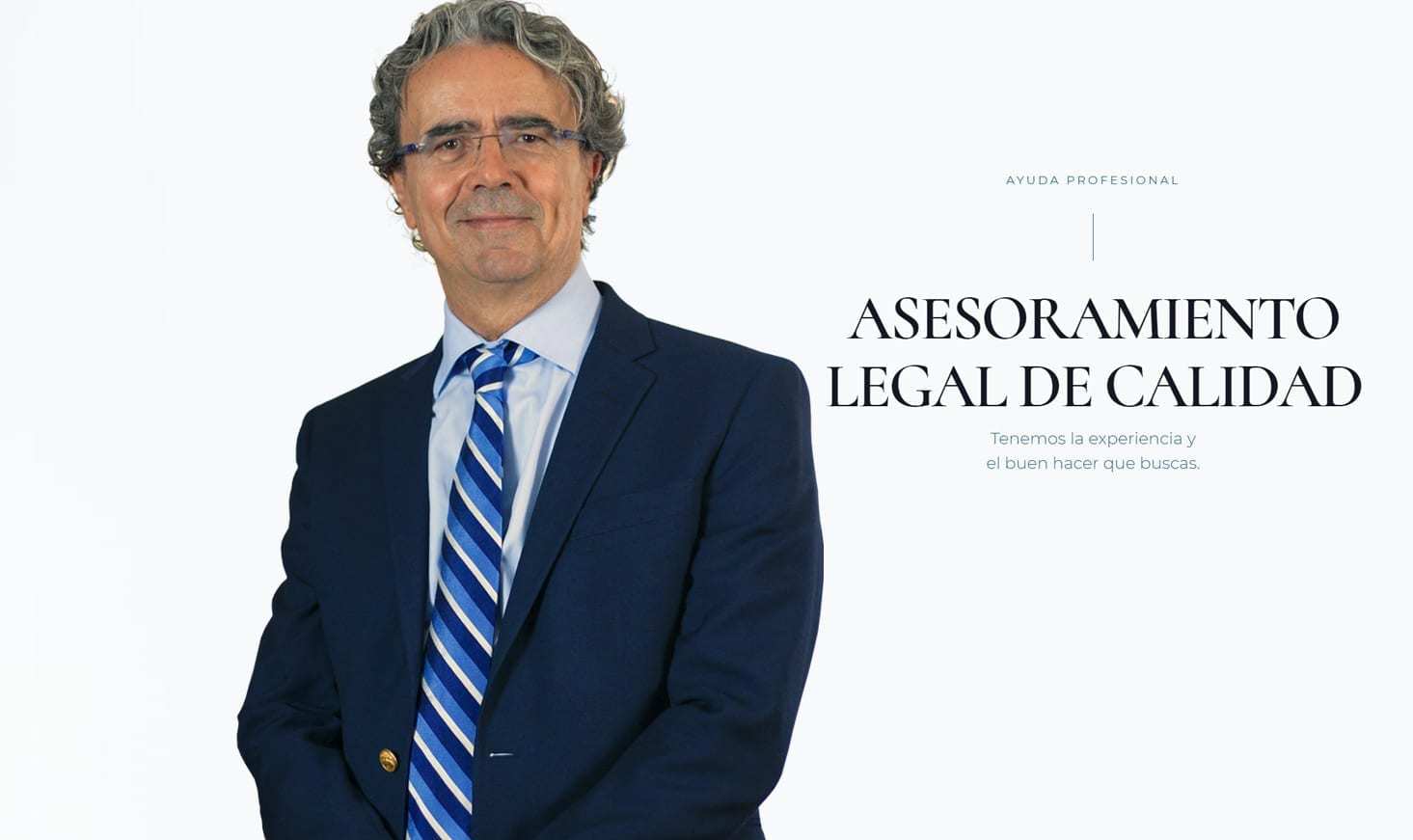Shared Custody: What Is It and How Does It Work?
Shared custody is one of the most common and desired solutions in cases of separation or divorce involving minor children. This arrangement seeks to balance the responsibility and time both parents dedicate to their children’s care, ensuring that the children maintain a close relationship with both parents. In Alicante, and throughout Spain, shared custody is regulated by the Civil Code and has undergone several legal modifications over the years.
What Does Shared Custody Entail?
Shared custody means that both parents equally share the time spent living with and making important decisions regarding their children’s lives. Instead of one parent having exclusive custody and the other having a visitation schedule, shared custody aims for both parents to be equally involved in their children’s daily lives.
It is important to note that shared custody does not necessarily imply a 50% division of time. Instead, it adjusts to the specific needs of the children and the circumstances of the parents. This arrangement adapts to work schedules, the distance between homes, and, most importantly, what is considered in the best interest of the child.

How Is Shared Custody Established?
The process for establishing shared custody may vary depending on whether both parents agree on its implementation or if a judge needs to make the decision. In Alicante, as elsewhere in Spain, judges always prioritize the child’s well-being above all else.
The Inclusion of Shared Custody in Legislation
Shared custody was included in Spanish legislation through Law 15/2005, of July 8, which modifies the Civil Code and the Civil Procedure Act concerning separation and divorce. This law amends Article 92 of the Civil Code, opening the possibility of applying shared custody.
Its application is reflected in Articles 92.5 and 92.8 of the Civil Code:
“Article 92.5: Shared custody of the children will be granted if requested by the parents in the regulatory agreement proposal or if both parents agree during the process.”
“Article 92.8: Exceptionally, even when the circumstances of Article 92.5 are not met, the Judge, at the request of one of the parties and with the report of the Public Prosecutor, may grant shared custody if it is determined that only this arrangement adequately protects the best interest of the child.”
The Valencian Shared Custody Law
For a time, starting on May 5, 2011, the Law 5/2011 of April 1 from the Generalitat of Valencia, regarding the Family Relationships of children whose parents do not live together, was in effect in the Valencian Community. This law established shared custody as the general rule.
“In Article 5.2, it was stated: As a general rule, shared custody will be granted to both parents for their minor children, regardless of one parent’s opposition or poor relations between the parents.”
Years later, this Legal Text was annulled in its entirety by the Constitutional Court, as it was determined that the Valencian government lacked the authority to legislate on this issue. However, during its application, shared custody became the standard in the majority of cases in the Valencian Community, a model that was widely adopted and proved successful in practice.
Support from the Supreme Court
The Supreme Court has issued several rulings in favor of shared custody, considering it the preferred system for ensuring the best interests of children. This trend reinforces the success of this arrangement and its widespread adoption in many separation and divorce proceedings.
Mutual Agreement
The simplest way to establish shared custody is for both parents to reach an agreement. This agreement can be formalized in a regulatory agreement, which outlines the time each parent spends with the children, financial responsibilities, education, and other important matters. In this case, the judge will review the agreement and, if it is deemed fair and beneficial for the children, will approve it.
Judicial Decision
When no agreement is reached, a judge will decide on the custody arrangement. The judge will consider several factors, including:
- The emotional bond between the children and each parent.
- Each parent’s ability to care for the children.
- The proximity of the parents’ residences.
- The parents’ employment and financial stability.
- The children’s opinions, if they are old enough to express them.
Advantages and Disadvantages of Shared Custody
Advantages
The advantages of shared custody include:
- Children maintain continuous relationships with both parents, promoting emotional stability.
- Both parents share daily responsibilities, preventing one from being overwhelmed.
- Encourages cooperation and communication between parents, potentially reducing conflict.
Disadvantages
However, there are some potential disadvantages:
- Constantly changing homes can be stressful for some children, especially younger ones.
- It requires good communication and cooperation between parents, which can be challenging post-separation.
- Differences in parenting styles may cause confusion for children.
When Is Shared Custody Not Recommended?
Although shared custody is often preferred, it is not always the best option. Certain situations where it may not be advisable include:
- If one parent is incapable of properly caring for the children due to health issues, addictions, or financial instability.
- If there is a high level of conflict between the parents that makes cooperation impossible.
- In cases of domestic violence, where the safety of one parent or the children is at risk.
Carlos Baño Abogados
Shared custody can be an excellent option to ensure the well-being of children after a separation, as long as the appropriate conditions are met. It is essential that both parents are willing to cooperate and that the arrangement is tailored to the needs of the children.
If you are considering requesting shared custody in Alicante or have questions about your situation, the Carlos Baño Lawyers team can provide legal advice and help you find the best solution for your family.



